 Xavier Lassalle
Interview
Xavier Lassalle
Interview
11/28/2016
Jean-Hervé Bradol
Marc Le Pape
Interview with Jean-Hervé Bradol and Marc Le Pape. The book is published by Manchester University Press and will be out in January 2017.
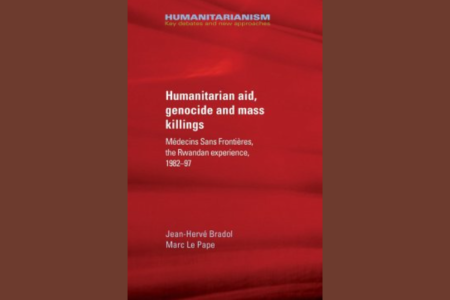 Book
Book
11/04/2016
Jean-Hervé Bradol
Marc Le Pape
Throughout the 1990s, Médecins Sans Frontières (MSF) was forced to face the challenges posed by the genocide of Rwandan Tutsis and a succession of major outbreaks of political violence in Rwanda and its neighbouring countries.
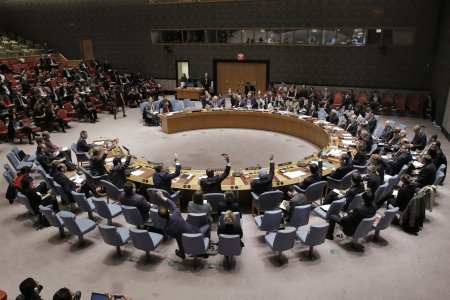 Paulo Filgueiras
Interview
Paulo Filgueiras
Interview
09/27/2016
Michaël Neuman
Fabrice Weissman
Interview with Michaël Neuman and Fabrice Weissman, research directors at Crash. On Wednesday 28 September, MSF is invited to attend a UN Security Council briefing on resolution 2286, adopted in May 2016, which strongly condemns attacks against medical personnel and establishments in conflict situations.
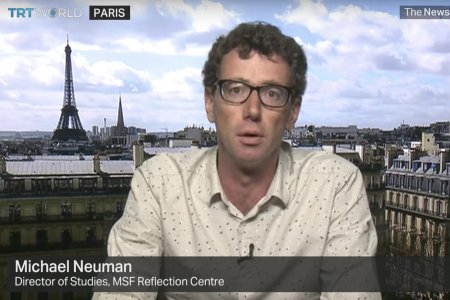 TRT
In the media
TRT
In the media
08/25/2016
Michaël Neuman
Michael Neuman is interviewed by TRT World about Doctors Without Borders/MSF's decision to pull out of Yemen and humanitarian security, challenging the idea that humanitarian action has become a greater danger to aid workers.
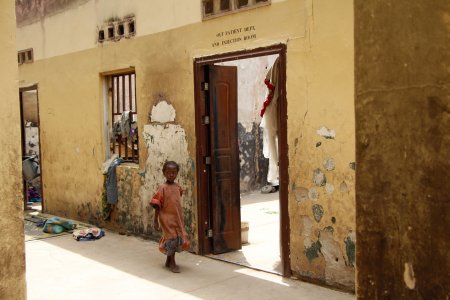 Benoit Finck
Opinion
Benoit Finck
Opinion
08/05/2016
Jean-Hervé Bradol
Jean-Hervé Bradol, director of studies at MSF-CRASH, discusses the humanitarian emergency left in the wake of Boko Haram's occupation of Borno State, Nigeria.
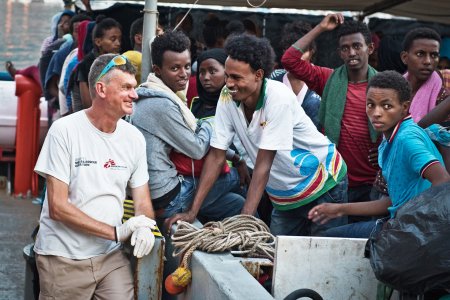 Sara Creta
Video
Sara Creta
Video
07/26/2016
Michaël Neuman
Fabrice Weissman
In recent years, fear-mongering reports based on hard data have been describing a world of ever-increasing danger for aid workers. The book "Saving lives and staying alive" explores this observation and compares it with MSF's experience of working in particularly dangerous regions.
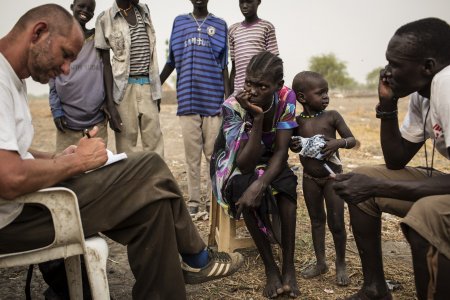 Siegfried Modola
Articles and blog
Siegfried Modola
Articles and blog
05/12/2016
Michaël Neuman
In "Saving Lives and Staying Alive: Humanitarian Security in the Age of Risk Management" Michaël Neuman and his colleague Fabrice Weissman analyze some of the drivers of professionalization in the context of humanitarian security and its subsequent impact on humanitarian practices through a collection of MSF case studies.
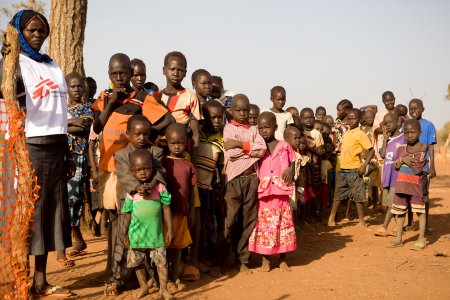 Karin Ekholm
Opinion
Karin Ekholm
Opinion
05/11/2016
Michaël Neuman
Fabrice Weissman
We welcome Abby Stoddard, Katherine Haver and Adele Harmer's response to our critical article on the production and the use of security data in the humanitarian sector and to our book in general. In a field that has been very much lacking debate, if not controversies, we're extremely glad to see a various range of readers engaging in the discussion.
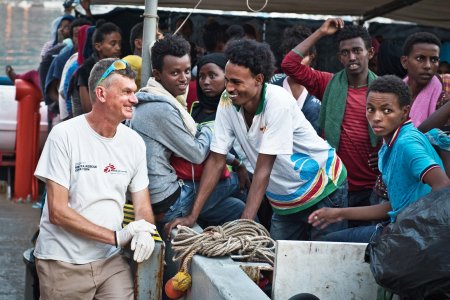 Sara Creta
Opinion
Sara Creta
Opinion
05/11/2016
Abby Stoddard
Adele Harmer
Katherine Haver
Michaël Neuman warns that misleading data are suggesting humanitarian aid work has become more dangerous, taking particular aim at the Aid Worker Security Database (AWSD) for helping perpetuate this myth.
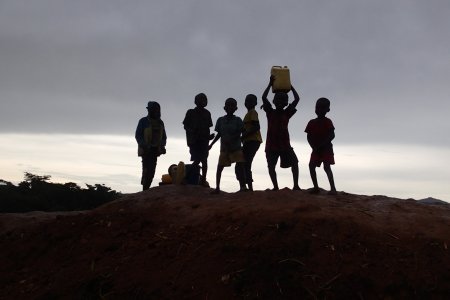 Opinion
Opinion
05/03/2016
Michaël Neuman
Michaël Neuman, co-editor of "Saving Lives and Staying Alive. Humanitarian Security in the Age of Risk Management" responds to Chris Lockyear and Andrew Cunningham's review of the book.
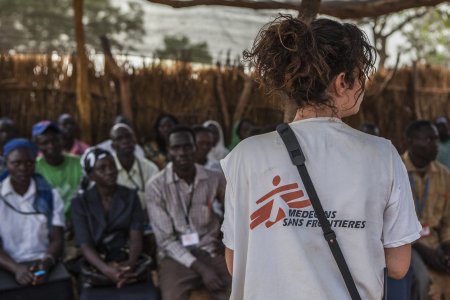 Yann Libessart
Opinion
Yann Libessart
Opinion
05/02/2016
Andrew Cunningham
Christopher Lockyear
Andrew Cunningham, currently an independent humanitarian researcher and analyst and Chris Lockyear, the Director of Operations for ACF USA and a former Operations Manager for MSF Operational Center Amsterdam (MSF-OCA), have sent the following response to "Saving lives and Staying alive". Let the debate live!
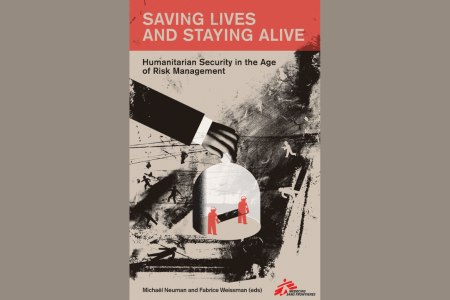 Book
Book
03/29/2016
Michaël Neuman
Fabrice Weissman
When MSF nurse Chantal Kaghoma regained her freedom in August 2014 after being held hostage for thirteen months by rebel group ADF in the DRC, she said, “While I was in prison with all the other hostages, I had lost all faith in everyone"
 Xavier Lassalle
Interview
Xavier Lassalle
Interview










